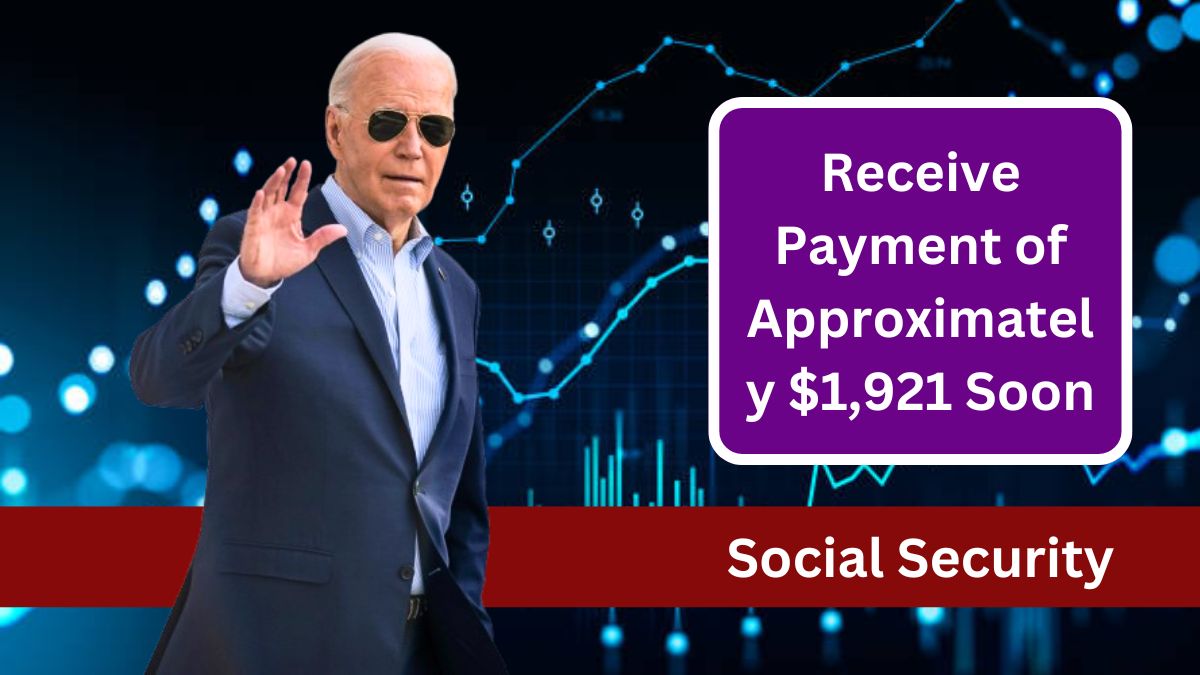This November, eligible Social Security retirees are set to receive their payments two days early, landing on November 1 instead of the usual November 3. The advance payment is scheduled due to November 3 falling on a Sunday, when banks and SSA offices will be closed. Here’s what retirees and Supplemental Security Income (SSI) recipients need to know about their November 1 payments.
Early Payment Schedule
Typically, Social Security payments for retirees start arriving on the 3rd of each month. However, with November 3 being a Sunday, the Social Security Administration (SSA) will issue payments two days earlier, on November 1. This rescheduling ensures that retirees won’t experience delays due to the weekend.
Eligibility Requirements
To qualify for the early November 1 payment, retirees must have filed for Social Security and received approval for retirement benefits. Additionally, recipients who qualify for Supplemental Security Income (SSI) will also see their payment on November 1. Those eligible for both Social Security retirement and SSI will receive two payments on the same day.
Social Security Payment
Recipients who qualify for the November 1 payments include:
- Retirees who have already filed and been approved for Social Security.
- SSI recipients who are eligible for Supplemental Security Income, which is generally issued on the 1st of each month.
For November 1, retirement payments and SSI payments will be deposited simultaneously. This advance payment benefits millions of Americans by providing funds before the regular 3rd-of-the-month schedule.
Maximum Payment Amounts
Social Security retirement payments vary based on age at filing, income history, and work record. Here’s a look at the maximum payments for retirees on November 1:
| Filing Age | Maximum Monthly Payment |
|---|---|
| Filed at 62 | $2,710 |
| Filed at Full Retirement Age | $3,822 |
| Filed at 70 | $4,873 |
In contrast, SSI payments provide an average of $697 per month, though exact amounts depend on each recipient’s earnings and resources.
COLA Increase
It’s important to note that none of these November 1 payments will include the 2025 Cost of Living Adjustment (COLA). The COLA increase will be added to:
- SSI payments on December 31, 2024
- Retirement and SSDI payments starting in January 2025
This early November 1 payout offers a welcome boost for retirees and SSI recipients, ensuring they receive funds ahead of schedule. While the COLA increase won’t be included until later, these November payments highlight SSA’s commitment to accommodating recipients’ needs. If you qualify for both Social Security retirement and SSI, watch for two payments on November 1.
FAQs
Why is Social Security paying retirees early in November?
November 3 falls on a Sunday, so payments are scheduled for November 1 to avoid delays.
Will the November 1 payment include the COLA increase?
No, the COLA increase won’t be included until December 31, 2024 for SSI and January 2025 for retirees.
How much will retirees receive on November 1?
Retirees can receive up to $4,873, depending on age and work history.
Do SSI recipients also get paid on November 1?
Yes, SSI payments are issued on November 1 each month, and eligible recipients will receive them as usual.
Can I receive both Social Security and SSI payments on November 1?
Yes, if eligible for both, recipients will see two payments on the same day.











